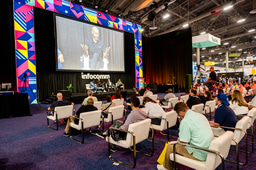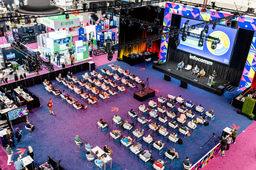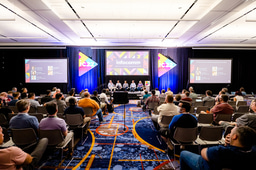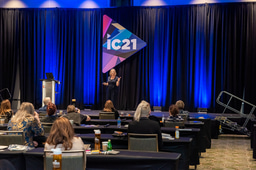Learning in the Metaverse: is it the future of higher education?

It’s that time of year again when we start to look at the trends and technologies that will define pro AV in 2023. One area I’m interested in learning more about is the use cases of immersive technology experiences in higher education. What are the opportunities and barriers for utilizing extended reality and incorporating it into the learning experience?
There’s a group already working on these issues, led by web3 entrepreneur Vriti Saraf. Saraf is the co-founder of Ed3 DAO and on November 11-13 the organization is hosting a virtual conference entirely in the metaverse. Web3 & the Evolution of Education Unconference will bring together innovators in web3 with experts & innovators from education to get to the bottom of this question: "What impact will web3 have on education?"
Saraf describes the gathering as “… a ‘choose your own adventure’ conference where as an avatar, you’ll be able to explore a variety of experiences like talks, labs, masterminds, networking, games, projects, and spontaneous conversations!”
Read more in the Ed3 newsletter and at https://www.ed3dao.com/.







Please sign in or register for FREE
If you are a registered user on AVIXA Xchange, please sign in
I have been recently posing this question to industry contacts: how can we take all the AV knowledge we have acquired in the real world, and then sell those same professional services in the metaverse? For instance, if you are a home theater expert, you could apply that knowledge to virtual home theaters. If you are a stage manager, you can manage live events online. Some of this is already happening, with folks like Joey at DNA hiring virtual engineers, or live folks mixing zoom rooms just like they used to mix camera feeds. So how do we approach higher level topics like sound masking, acoustics, and event lighting in the virtual world like we have been doing for years in the real world?